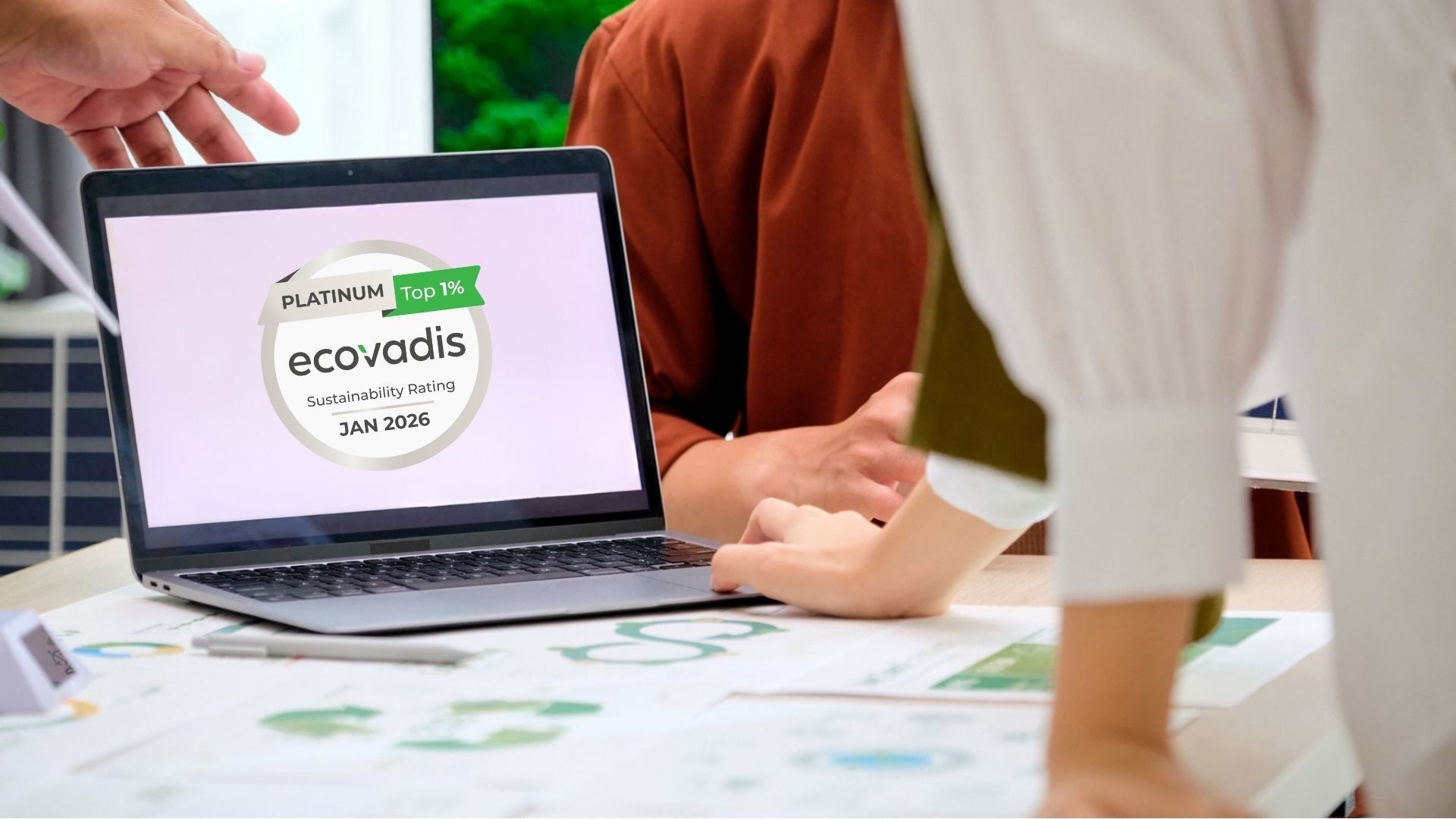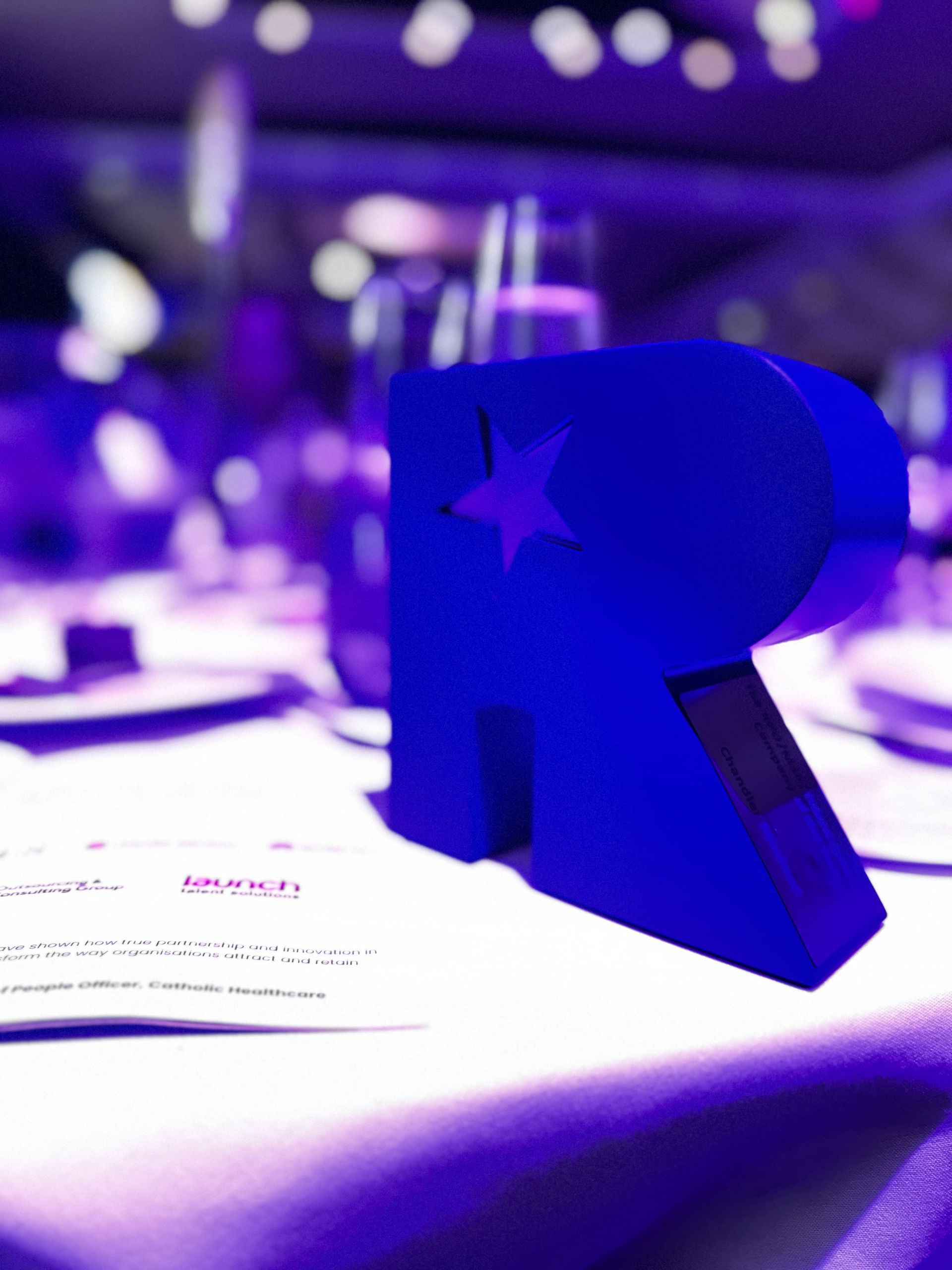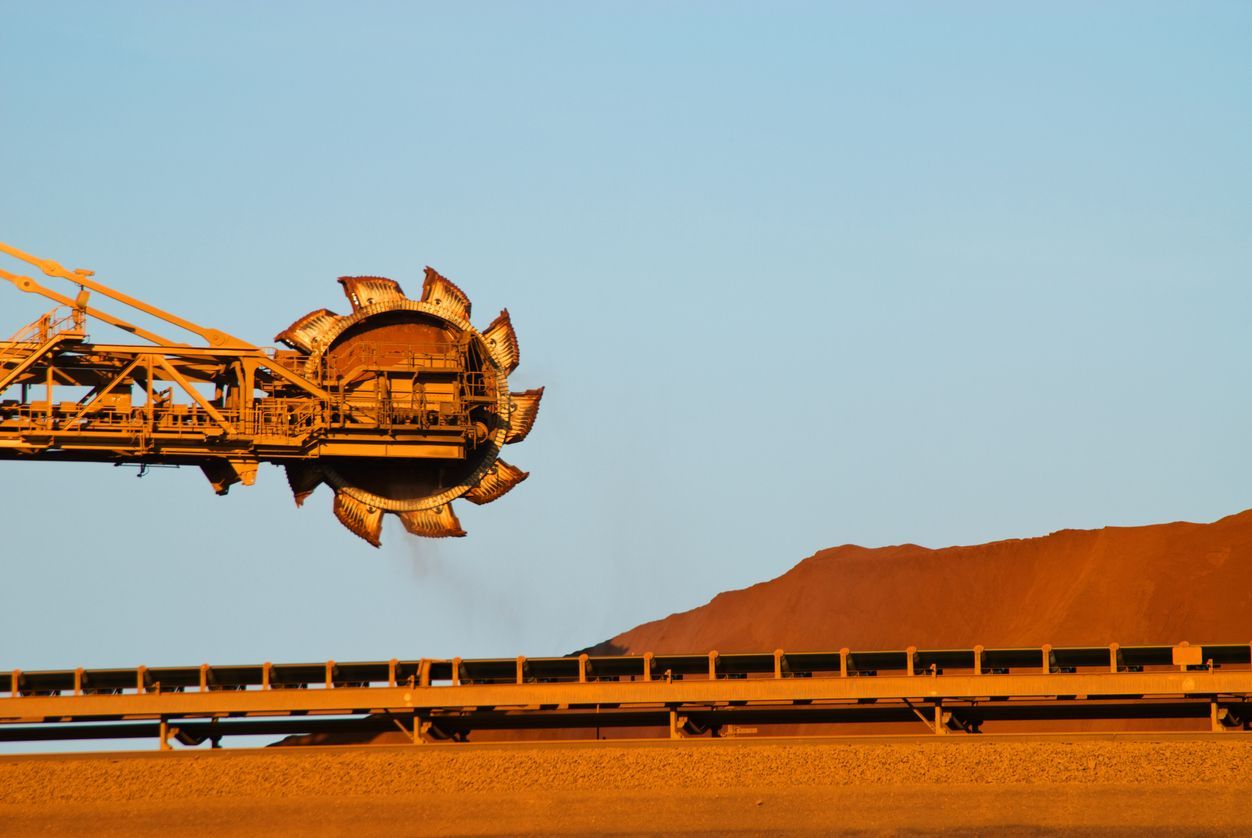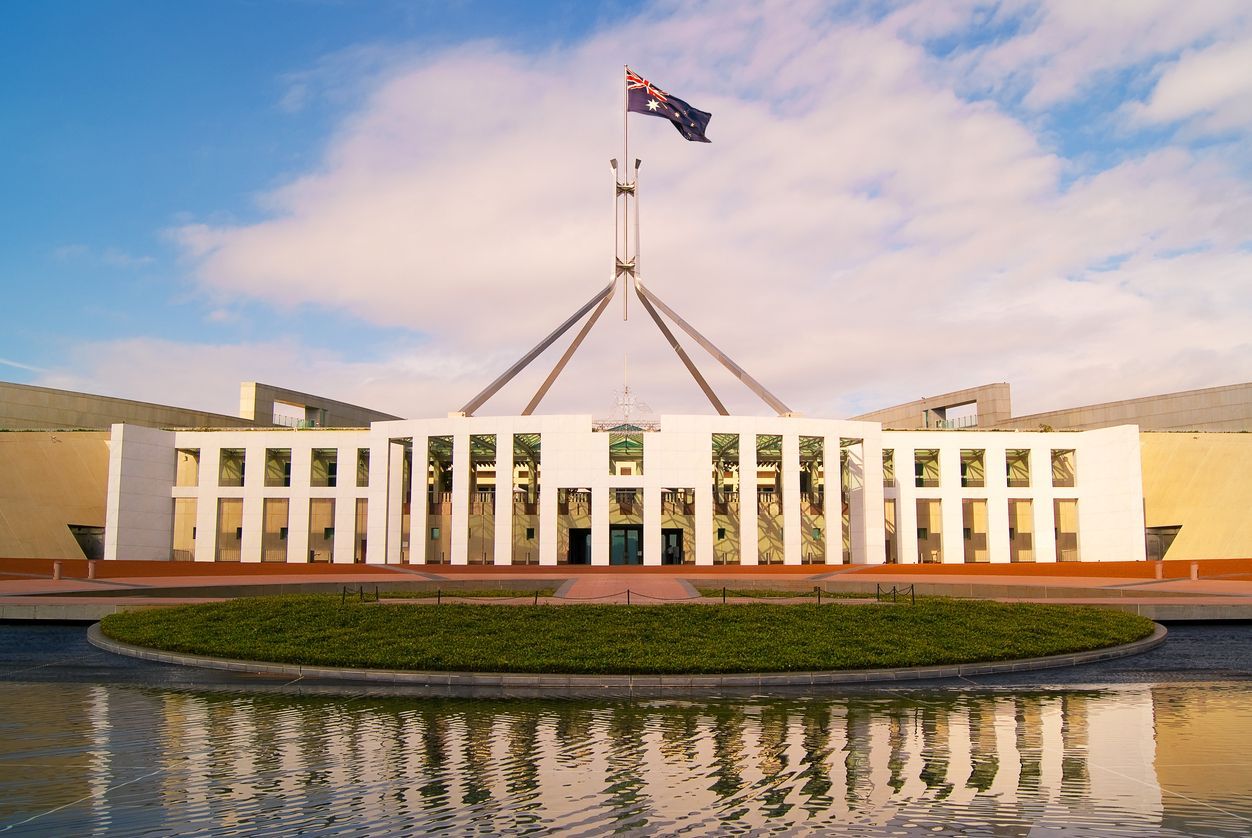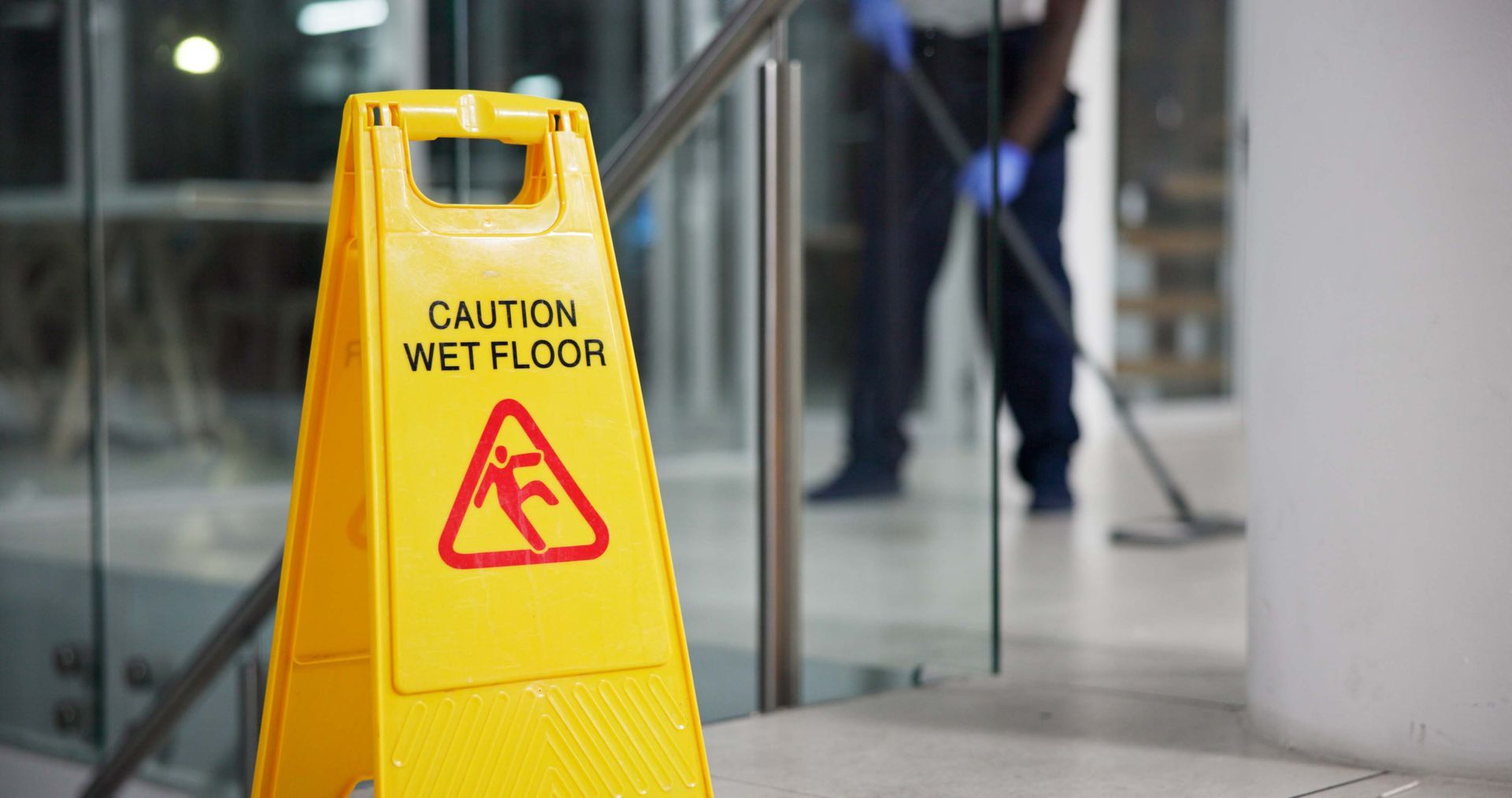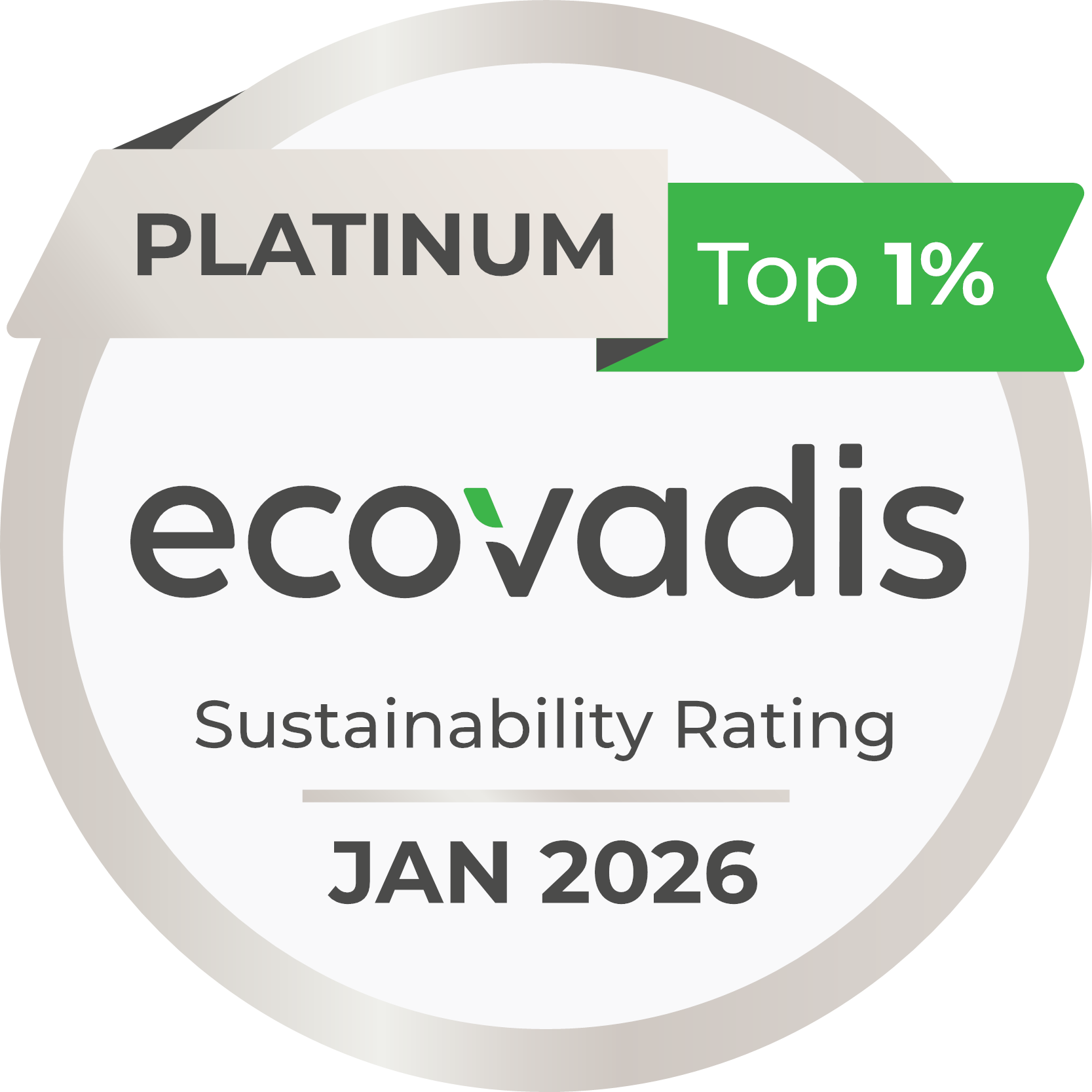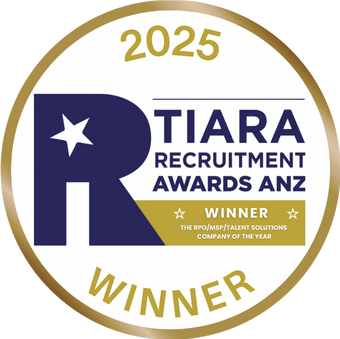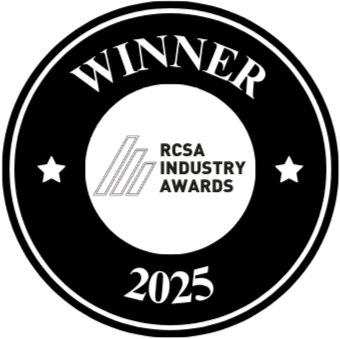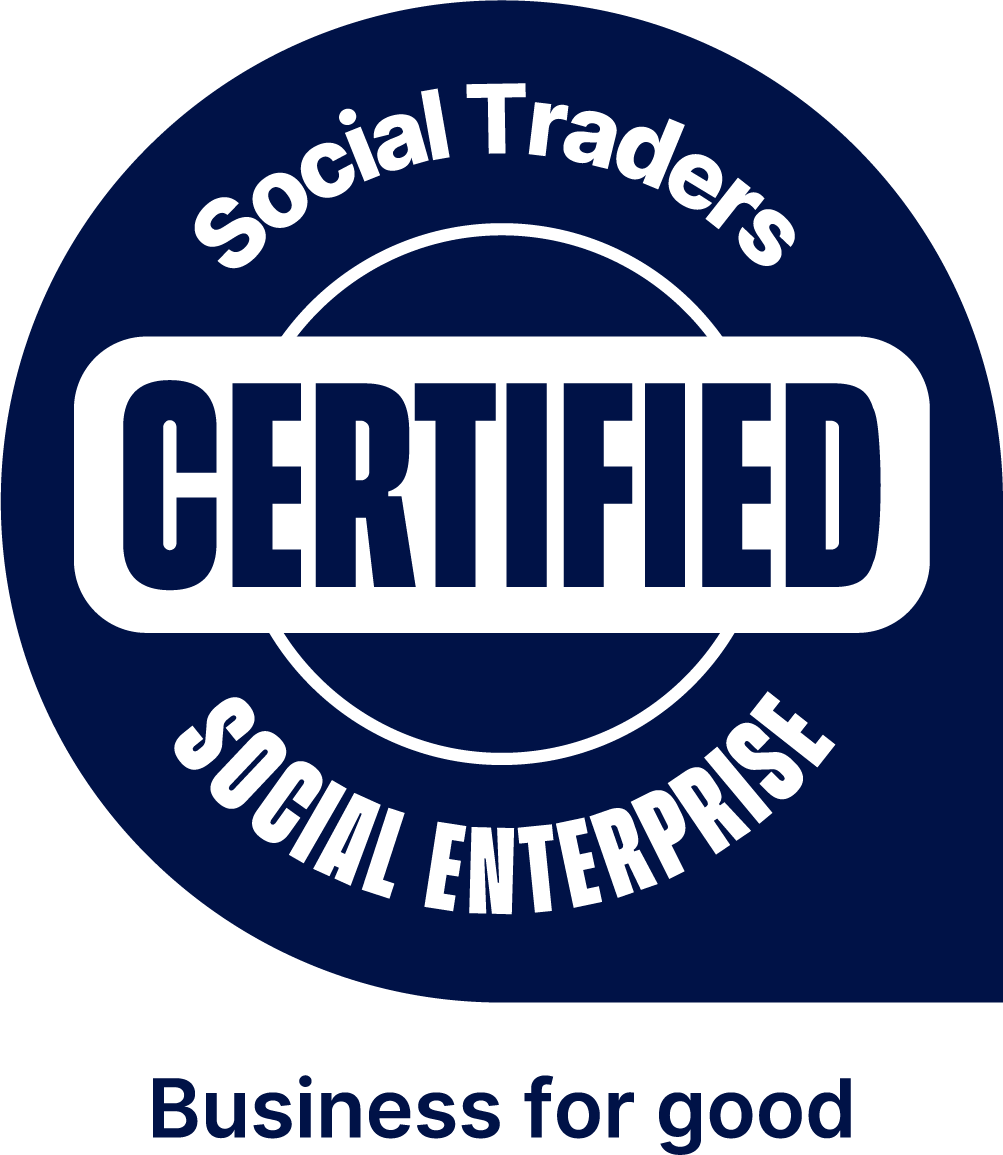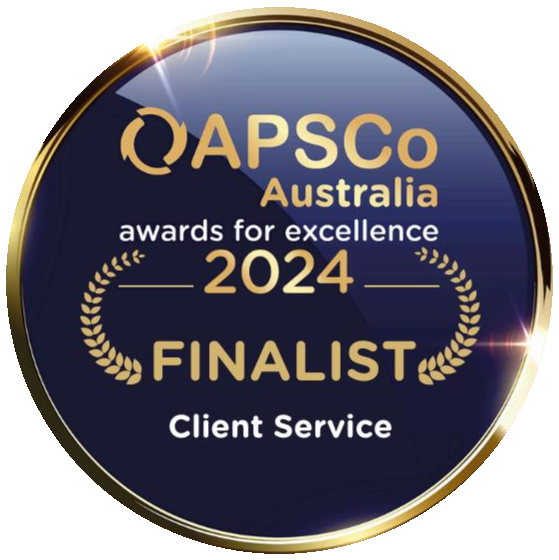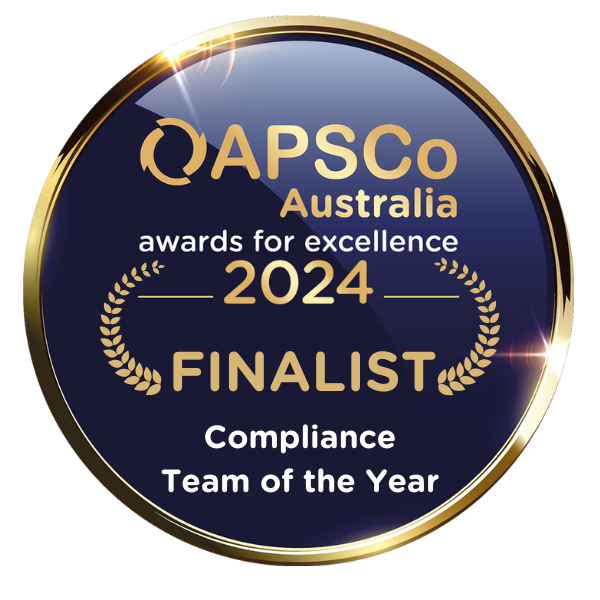So you’ve finished your interview and are feeling confident about your performance, that’s great. But you might find yourself worrying that the hiring manager will move on to the next applicant and forget all about the stimulating conversation you just shared.
It’s understandable that you may want to make the most of your great first impression with a first-class follow-up after the interview. Following up can be a useful way to further build your brand and make you stand out as a strong candidate, but only if you go about it the right way.
We asked two of our recruitment experts, Karl Smart, Manager of Staffing Services QLD, and Jane Ellis, Manager QLD RC Accounting & Finance from Chandler Macleod Brisbane; for their advice on what to do, and what not to do after a great job interview.
Where to begin?
Both experts stress the importance of respecting the chain of command, especially if you’ve met with multiple people throughout the process, “It’s important to go through the correct process and make sure you contact the right person. Even if your interview was with the hiring manager, if you’ve gone through an internal recruitment team or an agency to get to that point, don’t go around them,” said Smart. “It’s such a small thing but it’s one that can easily be taken the wrong way.”
You don’t need to stress and over analyse the situation immediately, there are a few things you can do, but as you’ll find out in this article, less is more when it comes to following up after your interview.
Take notes
Write down everything you can remember from your interview. From the hiring manager’s name and position to the company’s future goals and any interests you may have shared, now is the time to document any information that might benefit you when writing a follow-up letter or email. This is also the time to write down any further questions you may have about the role.
Pay close attention to anything you discussed that may not have been discussed with other applicants. It’s these topics that will make you stand out in your hiring manager’s mind and show them you were genuinely interested in the conversation.
However, Smart recommends that you give it some time before responding, as “it lets you reflect more on what happened during the interview, digest it a little and put things in perspective.”
“The interviewer isn’t a goldfish, they’re not going to forget you in 5 minutes and if you really had a great interview, they will absolutely remember you.”
Write a thank you email
Interviews are taxing for both parties. Writing a thank-you email can show the hiring manager that you appreciate their time and the opportunity.
“I do appreciate it when I get a short and to the point follow up after an interview, just a thanks for your time, look forward to hearing from you type message, short and to the point, can be a nice touch,” said Smart. But just like so many aspects of business and life, timing is everything, “you don’t want to give the impression that you have nothing else going on, make it time appropriate, give it at least 5 hours,” said Ellis, “you want to them to know that you have your own stuff going on, but you did really appreciate their time and the opportunity”.
Being the diligent soul that you are, you can then draw upon the initial notes you made following your interview to write a thank-you email might look a little something like this:
Dear ______,
Thank you for taking the time to interview me for the position of ______ today. I appreciate the time you took out of your day to discuss the role, and I enjoyed hearing your thoughts on the future of [insert company name here].
I understand from our conversation that your key concerns surround client retention. Having spearheaded several brand loyalty initiatives over the years, helping to increase the client retention rate at [insert current employer company’s name here] by 50%, I feel confident that I would be a great fit for the position.
I look forward to hearing from you again soon.
Yours sincerely,
[Your name]
If you can prove you can help the company overcome its challenges and reach its goals through examples, do so in your thank-you letter or email. Just be sure to keep it short and succinct.
Touch base with a phone call
Your interviewer will likely give you a timeframe for when they plan to make a decision about hiring for the position. If you haven’t received a phone call within a week after that date, it’s time to follow up.
The conversation might start like this:
“Hi, _____, it’s [your name] here. I interviewed for the position of ______ last Thursday, and I just wanted to touch base and see how things are progressing.”
This shows your keen interest in the role. Worst-case scenario: you’re told you were unsuccessful. But don’t worry – the right job is just around the corner.
There’s nothing wrong with asking for feedback after you’ve been told you’re unsuccessful for the job. If you’ve made it through to the interview stage then that means that your CV ticks all the boxes, and you can gain great insights and constructive criticism on how you can improve, why you missed out, and just maybe give yourself an edge for the next role you apply for.
But you should never call up just to follow up after an interview, both Smart and Ellis agree, as it will only do more harm than good. “It’s the prep work that you do before the interview that counts, not what you do after.”
Don’t overthink it
Don’t sweat that the next person that they interview might blow them away and make them forget all about you.
“The interviewer isn’t a goldfish, they’re not going to forget you in 5 minutes and if you really had a great interview, they will absolutely remember you,” said Ellis.
“Have confidence. If you walk out feeling really good about the interview, have confidence that the hiring manager felt the same way, and have the patience to let them come back to you.” Said Ellis, “I know it’s easier said than done when you really want to hear back about a role, but one way or another the hiring manager will get back to you. The interview is your time to shine, after that the ball is in the decision makers court.”
Be prepared for your next interview with these expert tips to help increase your chances of a job offer.

